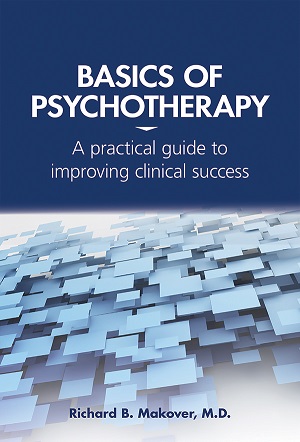Chapter 8.What Is Collaboration?
Sections
Excerpt
Most healthcare services are delivered from a caregiver to a suffering recipient. The caregiver prescribes or orders a treatment. The sufferer accepts and assents. In this one-way process, the patient is expected to agree to the treatment decisions of the expert professional, a posture usually termed “compliance.” For example, a patient is directed to take all of the tablets of a prescribed drug. (Never mind that only half the prescriptions written are ever filled and that patients often fail to finish all the doses in the bottle.) In this medical model, the patient is passive.
Access content
To read the fulltext, please use one of the options below to sign in or purchase access.- Personal login
- Institutional Login
- Sign in via OpenAthens
- Register for access
-
Please login/register if you wish to pair your device and check access availability.
Not a subscriber?
PsychiatryOnline subscription options offer access to the DSM-5 library, books, journals, CME, and patient resources. This all-in-one virtual library provides psychiatrists and mental health professionals with key resources for diagnosis, treatment, research, and professional development.
Need more help? PsychiatryOnline Customer Service may be reached by emailing [email protected] or by calling 800-368-5777 (in the U.S.) or 703-907-7322 (outside the U.S.).



